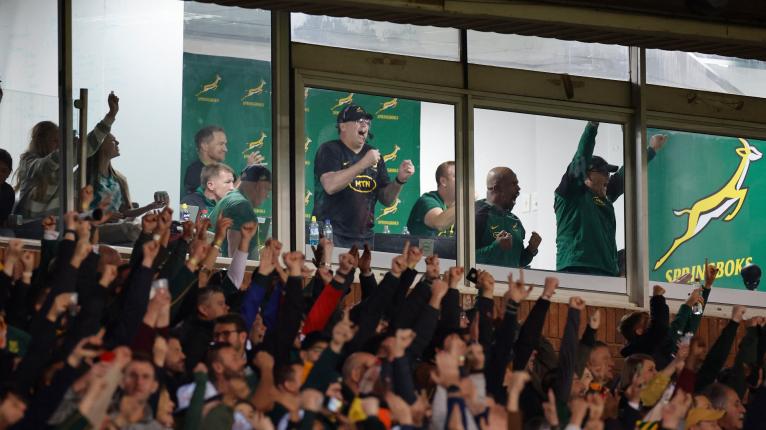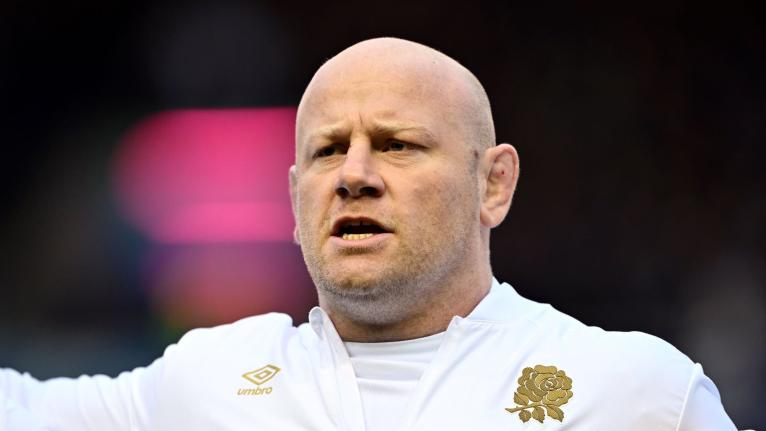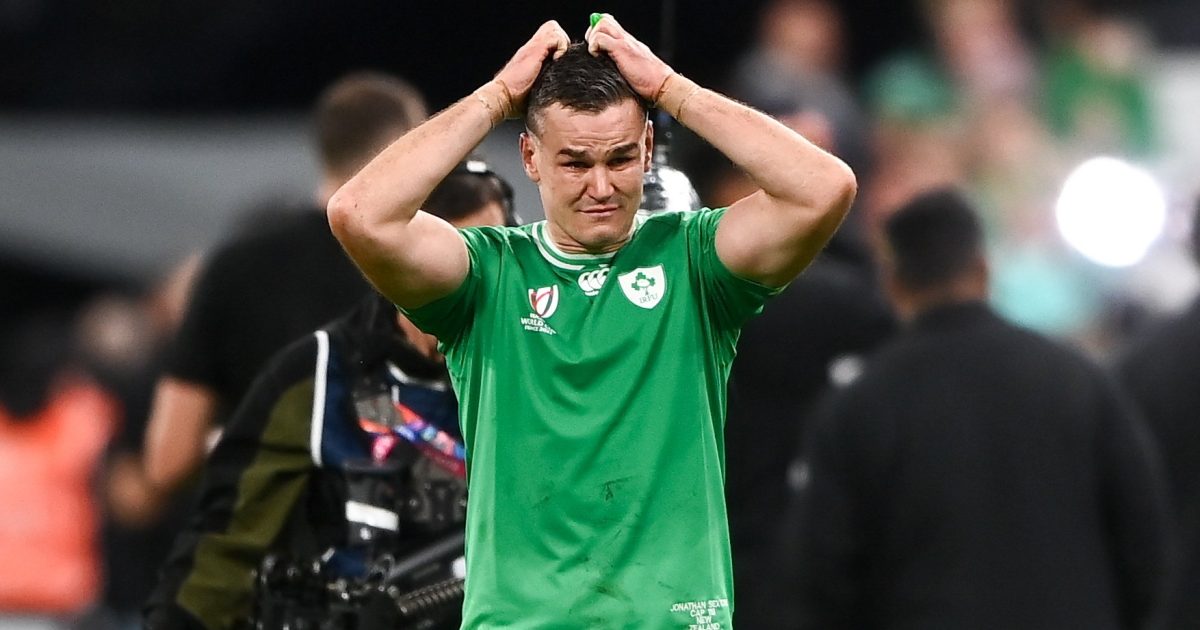Is this why Ireland and England struggle to win World Cups?

Hulle weet nee wat ons weet nie. They don’t know what we know.
This refrain, popularised by the UFC fighter Dricus du Plessis, has become a mantra of the Springboks. The words now featured on t-shirts, on highway-side billboards and on large banners inside stadia are seen by many South African rugby fans as a lightning rod for what makes their team so special.
And while there is an obvious truth to this, and one has to acknowledge the tangible effect of what is essentially a marketing slogan, it is easy to understand why supporters – and indeed players – of other nations must be sick to the back teeth with it all.
Because of course non-South Africans don’t understand what it’s like to be South African. But the experience of living in and representing Ireland, Australia, England or Argentina is just as unique. Every country in the world will have their own legends, their own reasons for thriving on the world stage, their own distinctive carrots and sticks that compel rugby players into contact for 80 minutes.
Did South Africa want the World Cup, the Rugby Championship and the British & Irish Lions series more than the opposition? Perhaps they did and that is why the trophy cabinet back home is creaking under all that silverware. Or perhaps their strength in depth, their monstrous pack, their hot-stepping wingers and Handre Pollard’s right boot had more of an impact than Siya Kolisi’s tale of personal struggle or Rassie Erasmus’ tears.

Speaking on the For the Love of Rugby Podcast last month, Pollard praised the South African coaching group for stressing the importance of the narrative. He explained that he’s not consciously thinking of hungry children and high crime rates when he’s lining up a game-winning kick, but those images are seared into the back of his mind. Does this mean that his actions matter more than those of a Scottish or Italian fly-half? Maybe it does.
But none of this is set in stone. Sure the tethering of South African politics with South African sport makes this an easier stitch for the Springboks, but that does not mean that other nations cannot replicate this sense of mission. And as the margins between the top teams continue to shrink, maybe this is the variable that could prove decisive in the future.
Should teams now appoint full-time coaches to help in this regard? Should every international squad have someone on staff with words like ‘reason coach’ or ‘purpose instructor’ or ‘mission consultant’ on their CV? These are not mental skills coaches who deal with other abstract principles like pressure or performance anxiety. These are coaches who do what the Springboks coaches are already doing and press home a higher sense of purpose throughout the group.
That’s a bit silly, isn’t it? A ‘purpose coach’? What’s next, a vibes coordinator? But there’s a degree of sense in there, and if that has even the slightest chance of extracting an extra few tackles per game from a player, or motivates another to carry with a little bit more menace in the 81st minute, then it’s surely worth exploring.
Teams already try to leverage external narratives to fuel performance. The All Blacks have a full-time cultural advisor in their ranks and the Australians have incorporated indigenous motifs and customs throughout their organisation. But are they doing enough to link tries and mauls and breakdowns to their national identity? Has any Wallaby ever stuck his chest out and declared that his player of the match performance was for all the people of Australia and meant it?
Let’s focus on Europe. Is it any wonder that Scotland now perennially beat England in Six Nations campaigns that end in disappointment? Is it simply that Duhan van der Merwe is unstoppable when running at defenders in white, or is there something just below the surface that ignites passions in Scottish hearts to make sure those who came before, that those who fought and died for a wee bit of hill and glen, can look down and be proud?
Carl Jung said that “as far as we can discern, the sole purpose of human existence is to kindle a light in the darkness of mere being.” Life as a professional rugby player is a challenge, especially in the hyper-professional age we now inhabit. The constant churn that sees participants move from training grounds to buses to hotel rooms to press conferences to aeroplanes to vast arenas must at times feel like a drudge. It’s why coaches today attempt to manage their players’ emotions.
But emotion can be a tool and the Springboks coaches have used it better than the competition. Forget jingoism and exceptionalism for a minute. By hammering home the point that his players are doing something that is bigger than any individual, Erasmus has squeezed a little bit more from every one of them.
Could other nations follow? Some might find it difficult. In conversation with Pollard on their podcast, Ben Youngs and Dan Cole admitted that English groups have struggled in this regard. This makes sense when overt displays of nationalism in Britain can often be seen as distasteful. But surely that shouldn’t stop Steve Borthwick from at least giving it a go.

The same is true for Ireland. Imagine one of the Irish players declaring his desire to produce a performance that brings joy to supporters across the border. Perhaps a member of the squad could start stressing the teams’ unifying qualities and how it brings previously conflicting religious groups together. Brian O’Driscoll explored this in a documentary in 2018. Why has this conversation been pushed to the fringe?
International sport is political by its nature. Those who wear a nation’s flag on their chest when they go to work are not just athletes but de facto ambassadors whether they like it or not. They are, for 80 minutes at least, the living embodiments of that country. Maybe a stronger, more conspicuous link between what they’re doing and who they’re representing could bear fruit.















